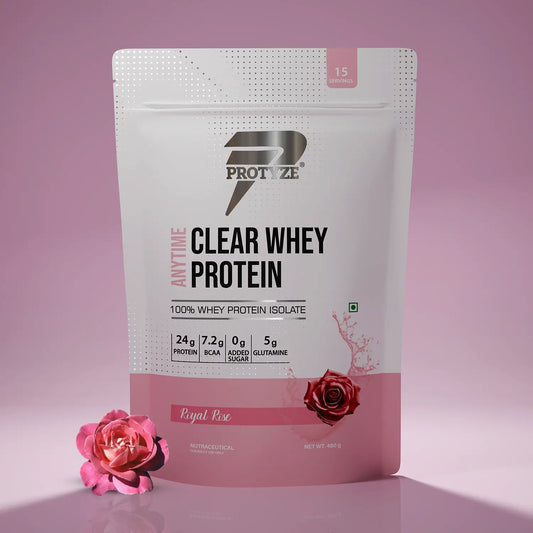After an intense workout, your body needs time to recover and rebuild. Proper post-workout recovery is essential for muscle growth, reducing soreness, preventing injuries, and improving overall athletic performance. Whether you are a beginner or a seasoned fitness enthusiast, understanding how to speed up recovery after intense workouts can make a significant difference in your fitness journey.
This article will cover the best post workout recovery tips, including nutrition, hydration, stretching, and effective recovery techniques to help your muscles heal faster.
Why is Post-Workout Recovery Important?
When you exercise, your muscles undergo small tears, which is a natural part of muscle growth. However, if you don’t allow your body to recover, it can lead to overtraining, fatigue, and injuries. Proper after-exercise recovery ensures:
- Faster muscle repair and growth
- Reduced muscle soreness
- Improved flexibility and mobility
- Lower risk of injuries
- Enhanced overall performance
Now, let’s discuss the most effective muscle recovery tips you can implement after every workout.
1. Stay Hydrated for Faster Recovery
Hydration is key to post-workout recovery, as your body loses fluids and electrolytes through sweat. If you don’t replenish them, dehydration can slow down muscle recovery and lead to fatigue.
Best Hydration Practices
- Drink water immediately after exercise. Aim for 500ml–1L of water within 30 minutes post-workout.
- Use electrolyte replacement if you sweat excessively or do intense workouts. Drink electrolyte-rich beverages such as coconut water, sports drinks, or electrolyte tablets.
- Avoid excessive caffeine and alcohol, as they can dehydrate the body and delay muscle recovery.
- Monitor urine color. Light yellow urine indicates proper hydration, while dark yellow suggests dehydration.
After an intense workout, hydration is just as important as nutrition. Instead of heavy, creamy protein shakes, try Protyze Nitro Clear Whey Protein—a clear, fruity, and refreshing alternative that helps you rehydrate and rebuild muscle simultaneously.
3. Replenish with the Right Nutrition
Your body needs the right nutrients to rebuild muscle fibers and restore energy. The post-workout meal is crucial for this process.
Macronutrients for Recovery
1. Protein for Muscle Repair
Protein helps repair muscle tissue and promotes muscle growth. Consume 20-30g of protein within 30–60 minutes after your workout.
Best sources include:
- Whey protein shake
- Chicken, eggs, and fish
- Greek yogurt and cottage cheese
- Plant-based proteins like tofu, lentils, and quinoa
2. Carbohydrates for Glycogen Replenishment
Carbs restore depleted glycogen stores, providing energy for muscle recovery.
Best sources include:
- Brown rice and quinoa
- Oats and whole wheat bread
- Sweet potatoes and bananas
3. Healthy Fats for Recovery
Healthy fats reduce inflammation and support overall muscle repair.
Best sources include:
- Avocados and nuts
- Chia seeds and flaxseeds
- Olive oil and fatty fish
Best Post-Workout Meal Combinations
- Grilled chicken with quinoa and steamed vegetables
- Protein smoothie with banana, almond milk, and peanut butter
- Scrambled eggs with whole wheat toast and avocado
Your body needs the right nutrients to rebuild muscle fibers and restore energy. Nitro Clear Whey Protein is an excellent post workout option that delivers high-quality protein in a light, refreshing formula, making it easy to digest after intense training.
4. Get Enough Rest and Sleep
Muscle repair happens during deep sleep, making it a vital part of your post-workout routine. Growth hormones are released while you sleep, helping your body recover from the stress of exercise.
Tips for Better Sleep
- Aim for 7-9 hours of quality sleep per night.
- Maintain a consistent sleep schedule by going to bed and waking up at the same time daily.
- Limit screen time before bed, as blue light from devices can interfere with melatonin production.
- Create a relaxing bedtime routine with meditation, deep breathing, or reading before sleep.
5. Stretching and Active Recovery
Stretching after a workout improves flexibility, reduces muscle stiffness, and enhances circulation, speeding up after-exercise recovery.
Types of Stretching
- Dynamic Stretching (Pre-Workout): Helps warm up the muscles and increase mobility.
- Static Stretching (Post-Workout): Lengthens tight muscles and prevents stiffness.
- Yoga or Pilates: Helps improve flexibility, balance, and muscle relaxation.
Best Stretches for Post-Workout Recovery
- Hamstring stretch to ease lower body soreness
- Chest opener stretch to relieve tension in the upper body
- Child’s pose to relax the lower back and shoulders
- Hip flexor stretch to reduce tightness in the hip muscles
6. Foam Rolling and Massage Therapy
Foam rolling and massage therapy help release muscle tension, break down knots, and improve blood flow.
How to Use a Foam Roller
- Roll slowly, spending 30-60 seconds per muscle group to relieve tension.
- Focus on sore areas such as hamstrings, quads, calves, and back muscles.
- Breathe deeply to relax your muscles as you roll to reduce discomfort.
Benefits of Massage Therapy
- Increases blood circulation to speed up healing
- Reduces muscle soreness and stiffness
- Prevents injuries by improving flexibility
7. Heat and Cold Therapy for Recovery
- Cold Therapy (Ice Packs or Ice Baths): Best for reducing inflammation and swelling after intense workouts.
- Heat Therapy (Hot Baths or Heating Pads): Best for relaxing tight muscles and improving blood circulation.
How to Use Them Effectively?
- Ice bath for 10-15 minutes to reduce inflammation after heavy lifting.
- Heat pack for 15-20 minutes to loosen up tight muscles before stretching.
- Contrast therapy (hot-cold alternation) to enhance muscle recovery by improving circulation.
8. Use Supplements for Enhanced Recovery
- Whey Protein for fast muscle repair
- BCAAs (Branched-Chain Amino Acids) to reduce muscle soreness and fatigue
- Omega-3 Fatty Acids to decrease inflammation and support joint health
- Creatine Monohydrate to improve strength, muscle recovery, and energy production
- Magnesium to help with muscle relaxation and prevent cramps
How to Take Them?
- Consume 20-30g of protein post-workout.
- Take BCAAs before or after workouts to reduce muscle breakdown.
- Use 3-5g of creatine daily to support muscle recovery.
Whey protein is a must-have supplement for muscle repair and recovery. Opt for a Nitro Clear Whey Protein for fast-digesting, high-quality protein source that helps your muscles recover faster without the heaviness of traditional shakes.
9. Avoid Overtraining and Listen to Your Body
- Constant muscle soreness beyond 3-4 days
- Decreased performance and strength
- Persistent fatigue and lack of motivation
- Increased risk of injury
How to Prevent Overtraining
- Take 1-2 rest days per week.
- Avoid training the same muscle groups back-to-back.
- Use a recovery tracker to monitor heart rate, sleep quality, and energy levels
Conclusion
A well-structured post-workout recovery routine is essential for improving muscle growth, reducing soreness, and preventing injuries. By focusing on hydration, nutrition, sleep, stretching, foam rolling, and supplements, you can speed up recovery after intense workouts and optimize your fitness results. Also Incorporating a high-quality protein source like Protyze Clear Protein can make a big difference in how quickly and effectively your muscles recover
Frequently Asked Questions (FAQs)
Q1. How long does it take for muscles to recover after a workout?
Ans: Muscle recovery time depends on workout intensity, fitness level, and nutrition. Typically, muscles recover within 24-48 hours after moderate exercise. However, intense strength training may require 48-72 hours of recovery.
Q2. What is the best post-workout drink for recovery?
Ans: The best post-workout drink includes a mix of protein and carbohydrates to replenish energy and repair muscles. Options include:
- Whey protein shake with a banana
- Coconut water with BCAAs
- A smoothie with Greek yogurt, berries, and almond milk
Q3. Can I work out every day without rest?
Ans: It’s not recommended to work out intensely every day, as your body needs time to recover. Incorporate rest days or active recovery (light activities like walking or yoga) at least 1-2 times per week.
Q4. How much protein should I consume after a workout?
Ans: For optimal muscle recovery, consume 20-30g of protein within 30-60 minutes post-workout. Sources include whey protein, eggs, lean meats, or plant-based proteins like tofu and lentils.
Q5. Why do my muscles feel sore after a workout?
Ans: Muscle soreness (DOMS – Delayed Onset Muscle Soreness) occurs due to microscopic muscle fiber tears caused by exercise. This is a natural process that leads to muscle growth and adaptation. Proper nutrition, hydration, stretching, and foam rolling can help reduce soreness.
Q6. Is stretching necessary after a workout?
Ans: Yes, post-workout stretching helps improve flexibility, reduce stiffness, and enhance circulation, which speeds up recovery and prevents injuries.





